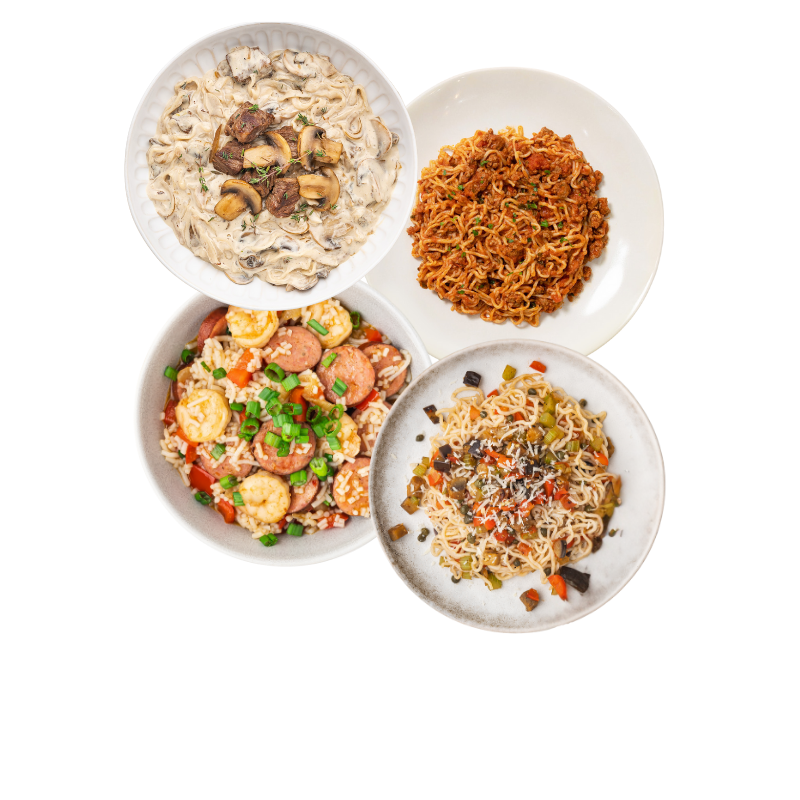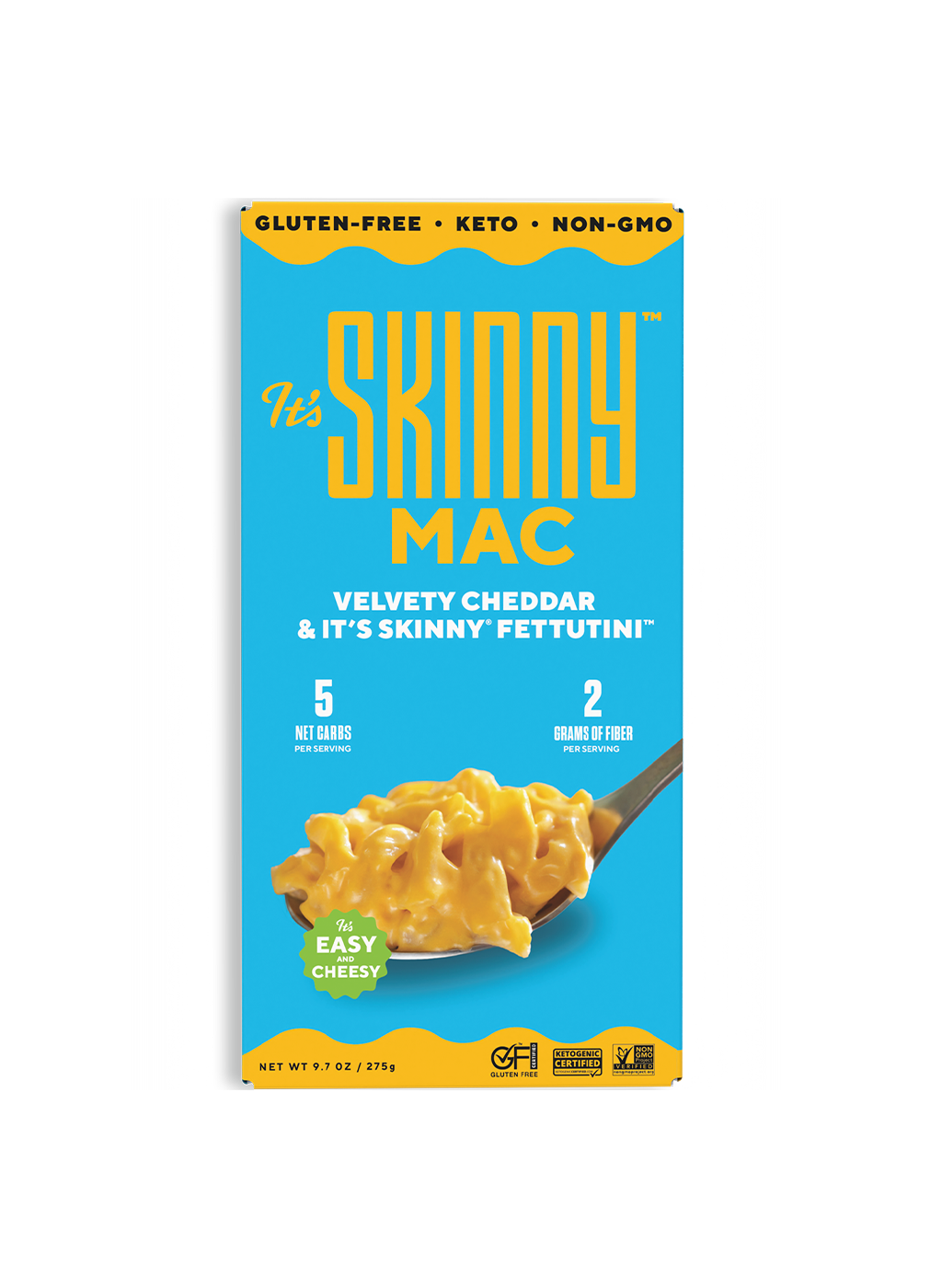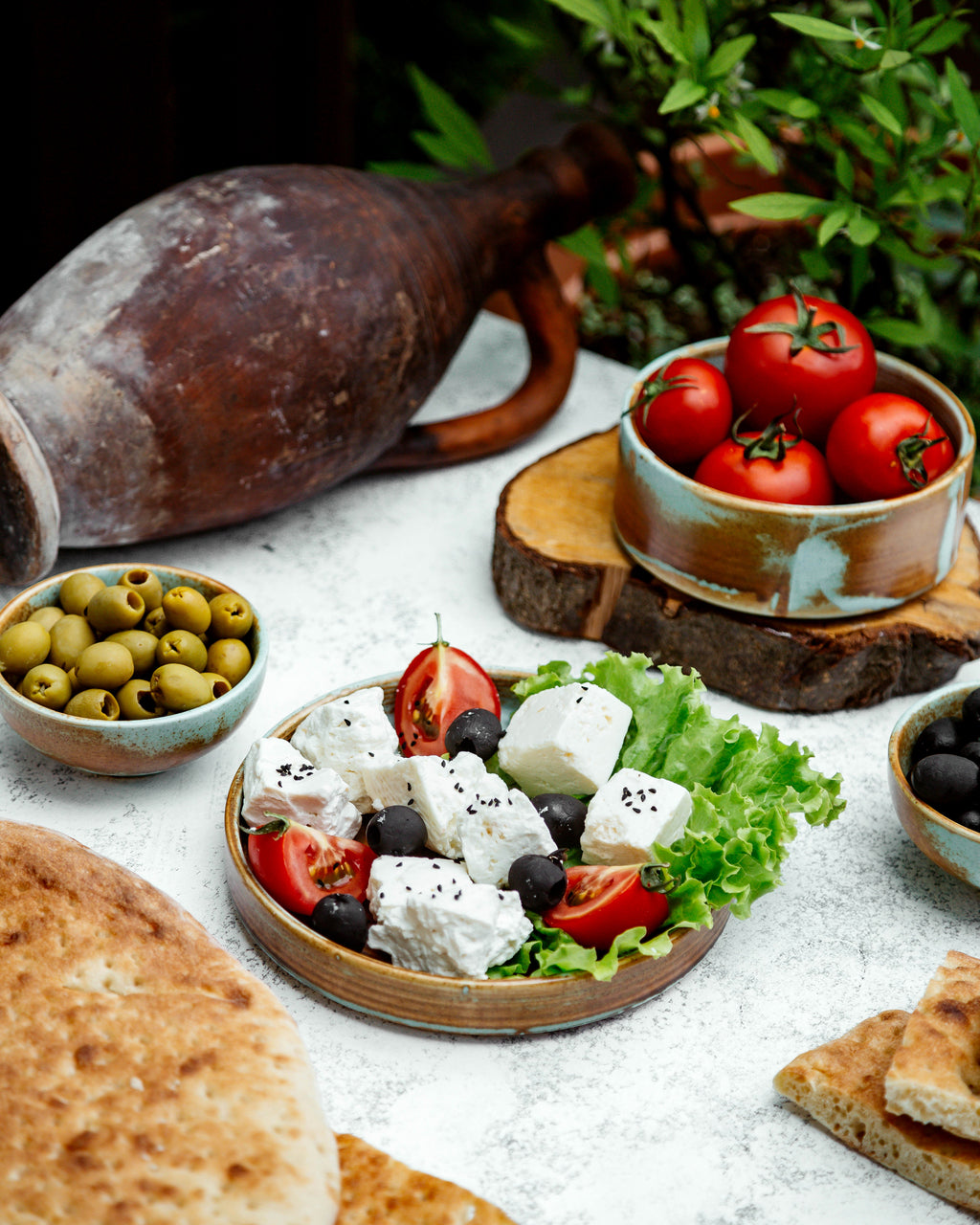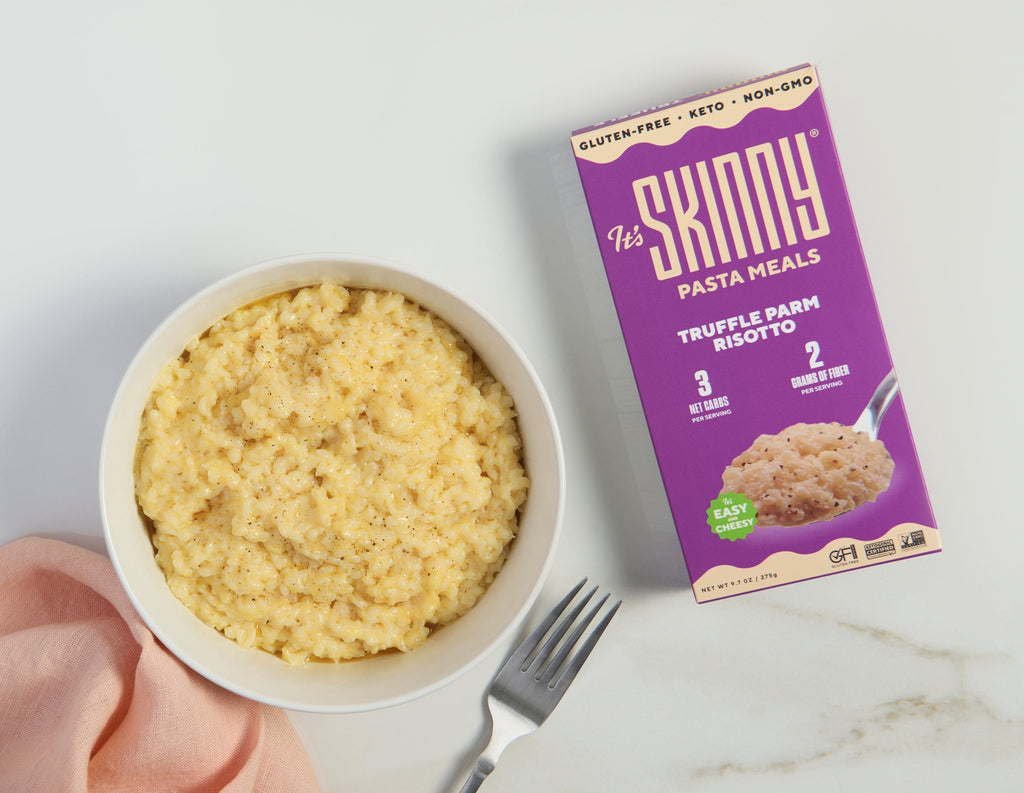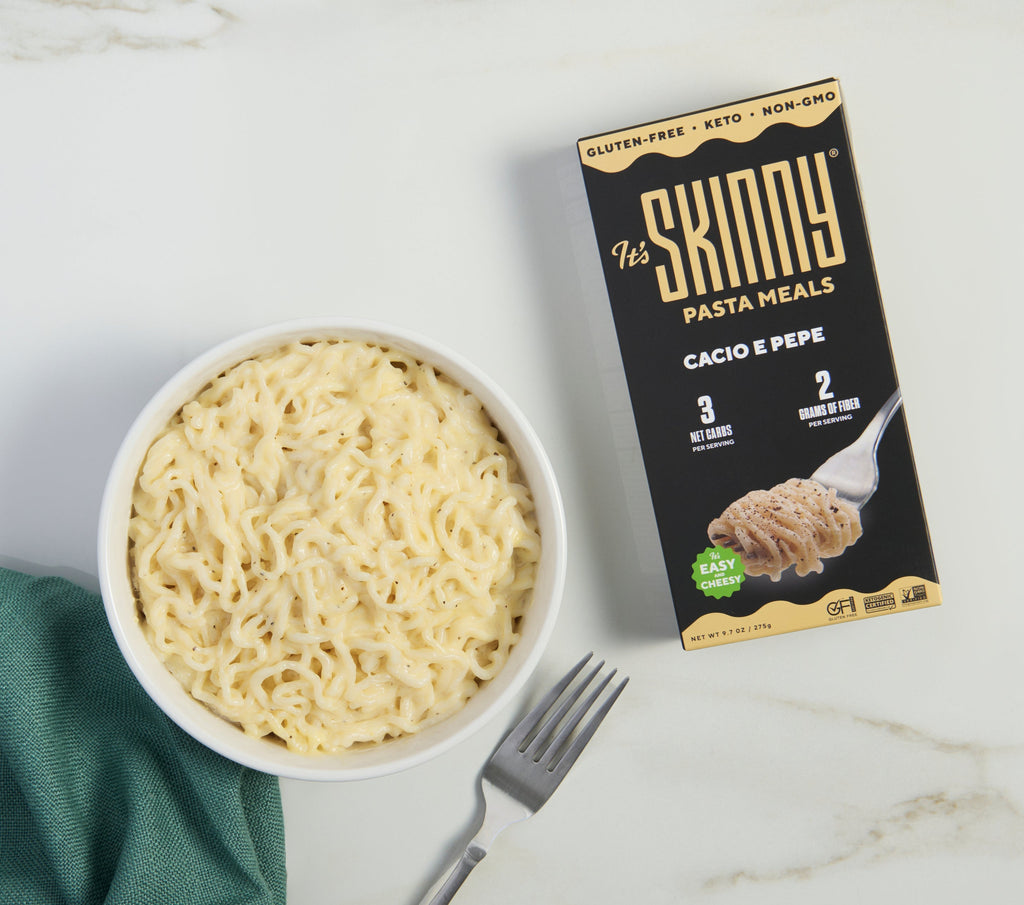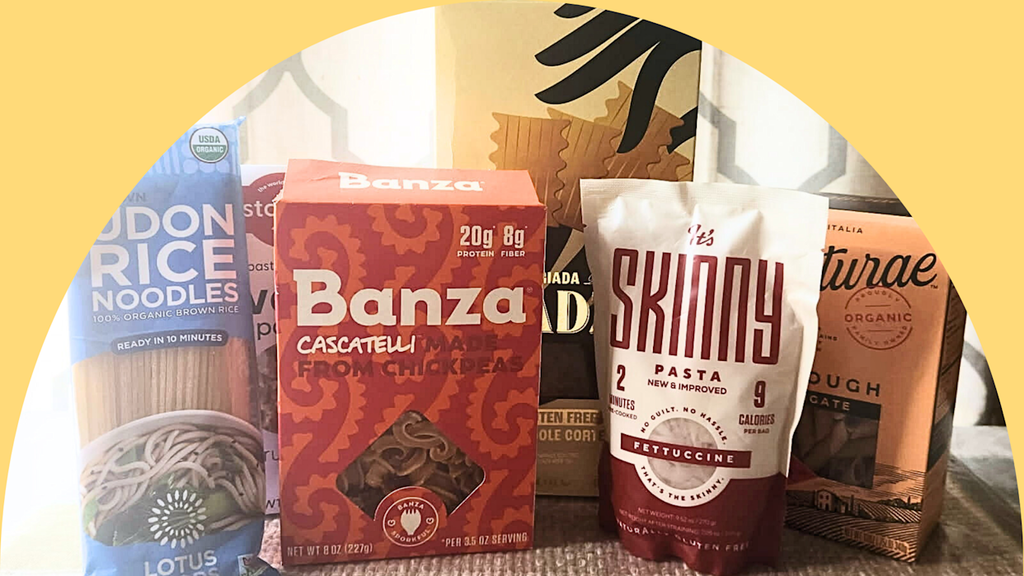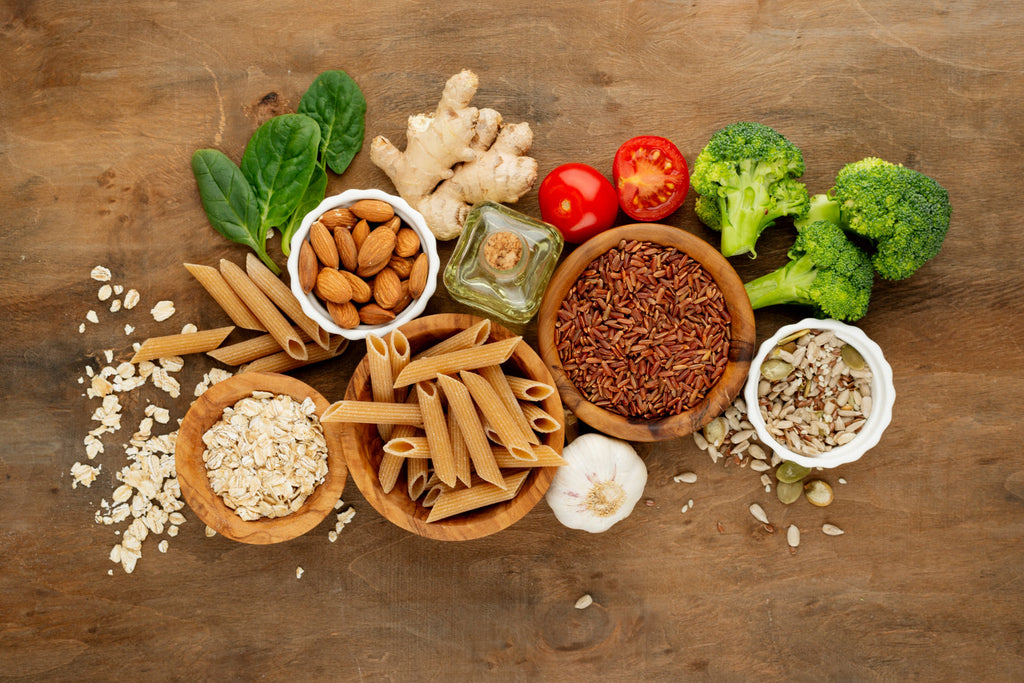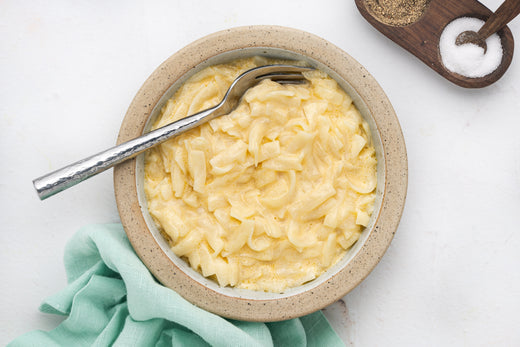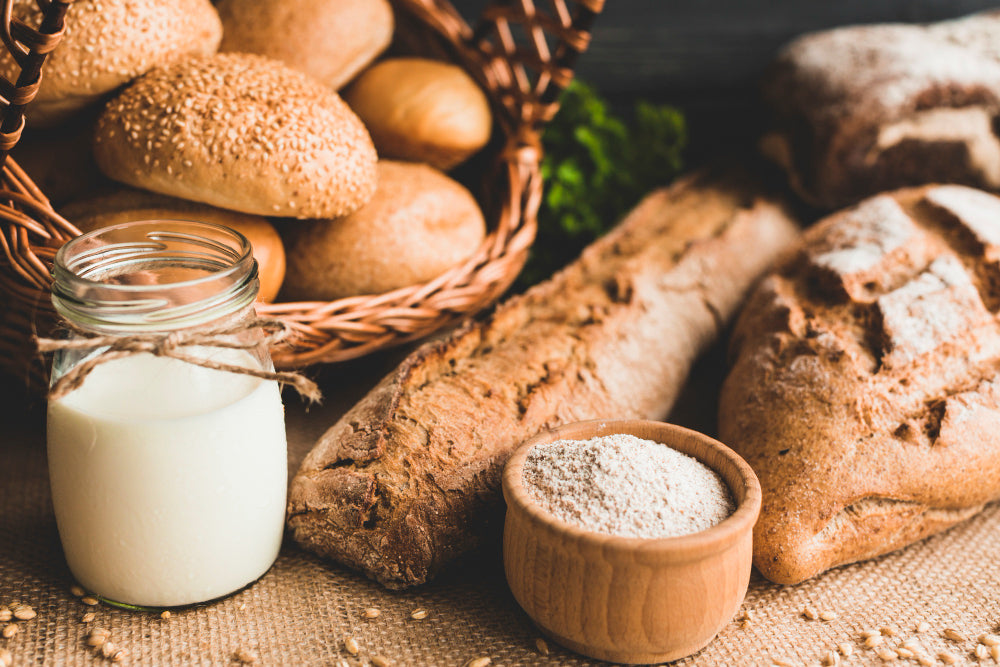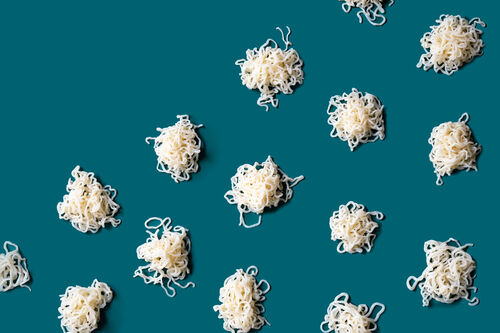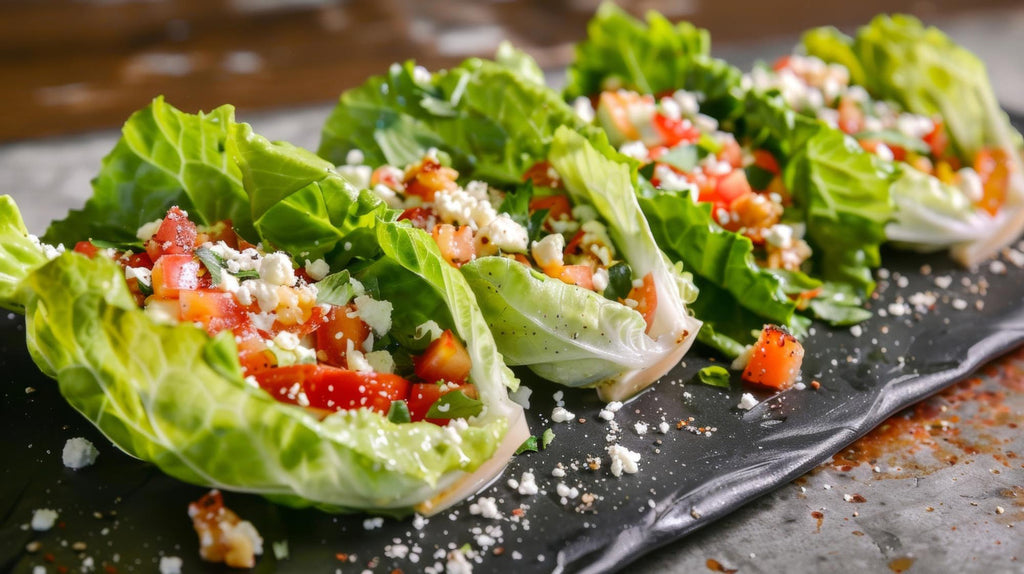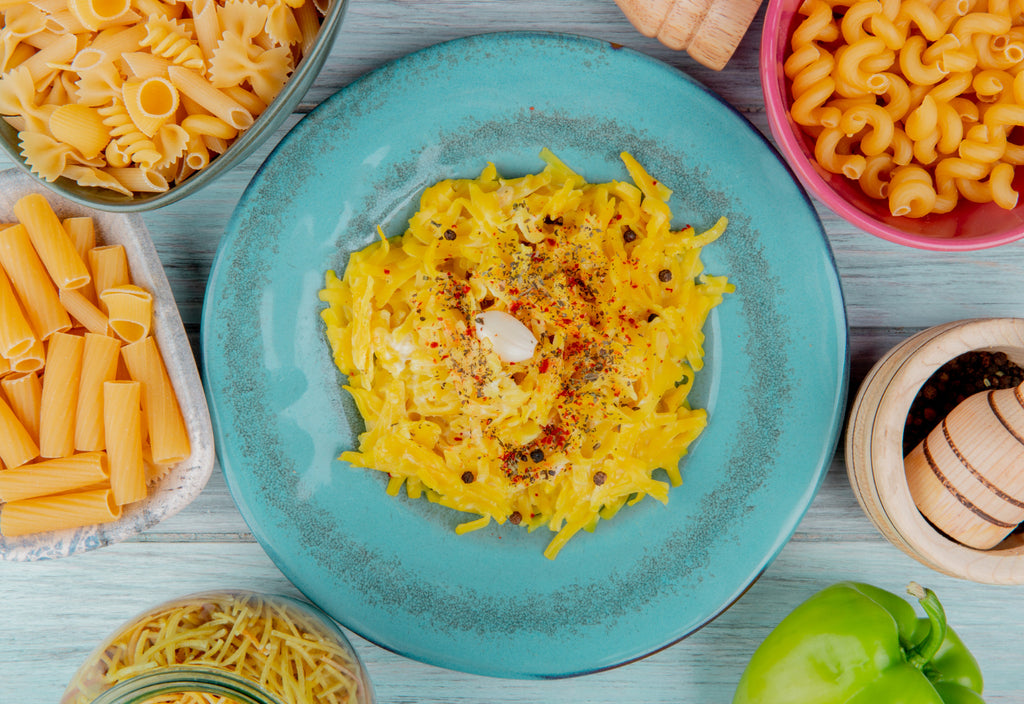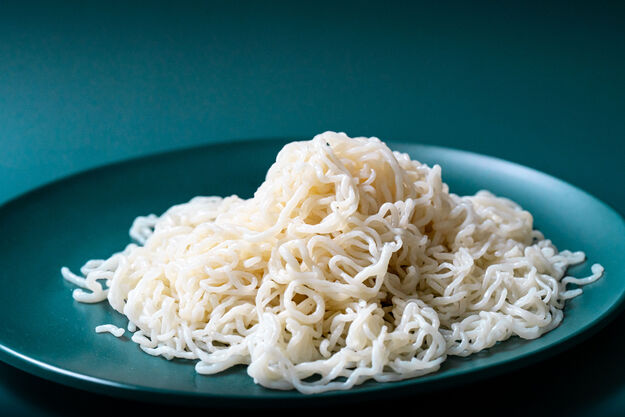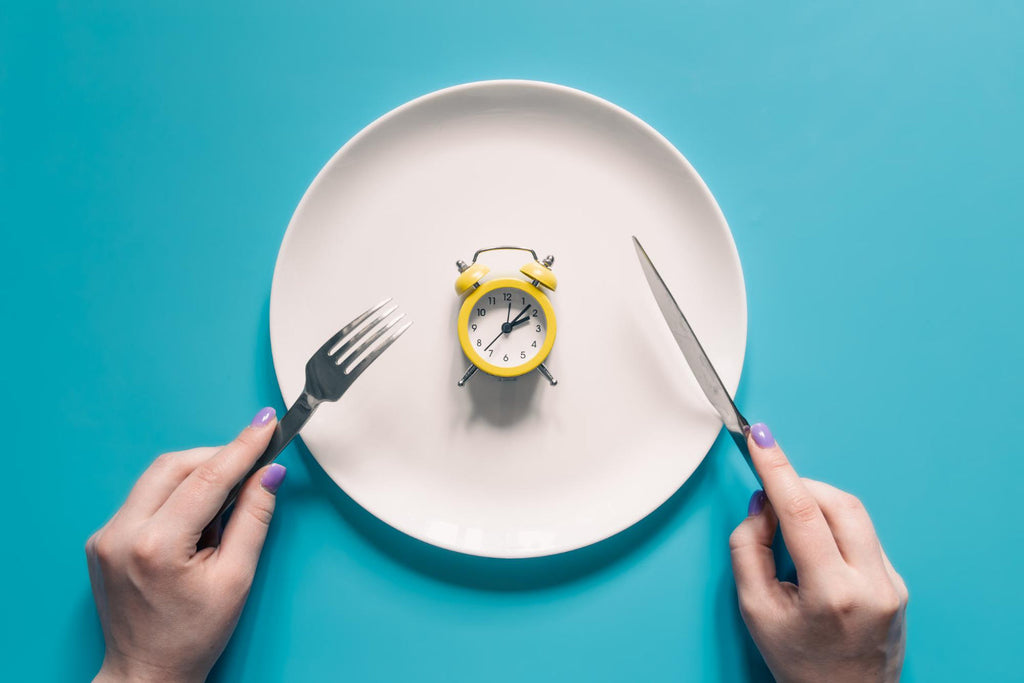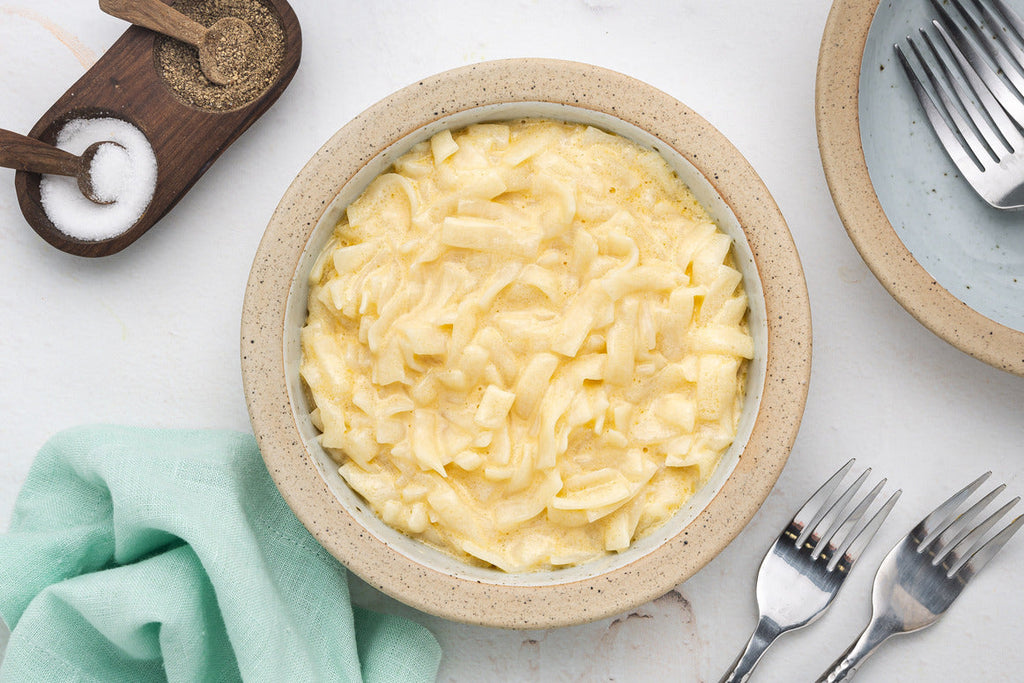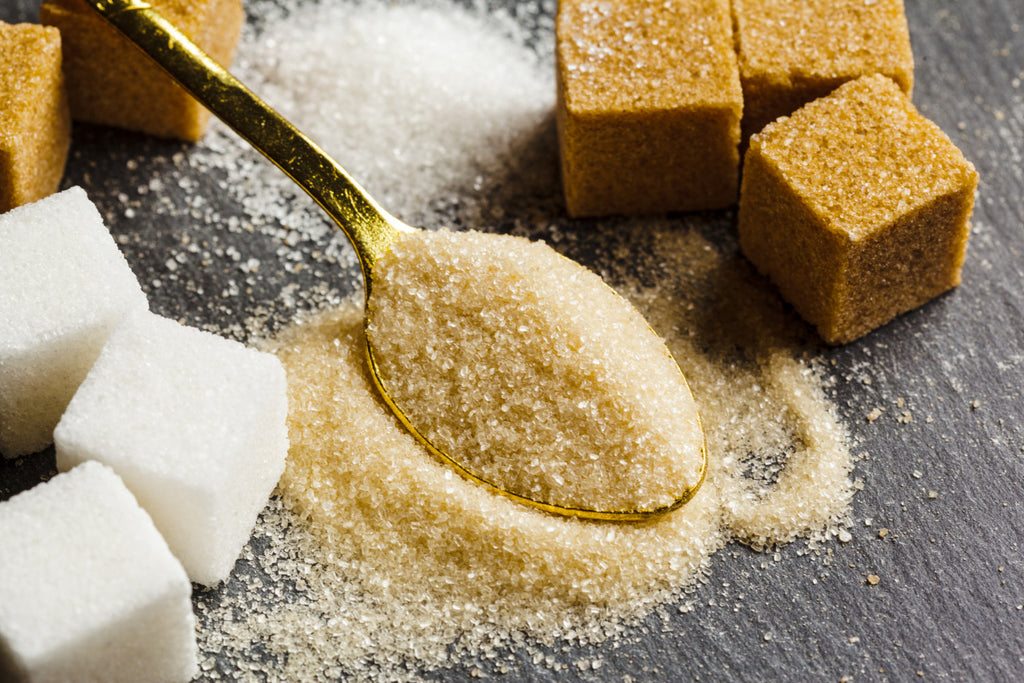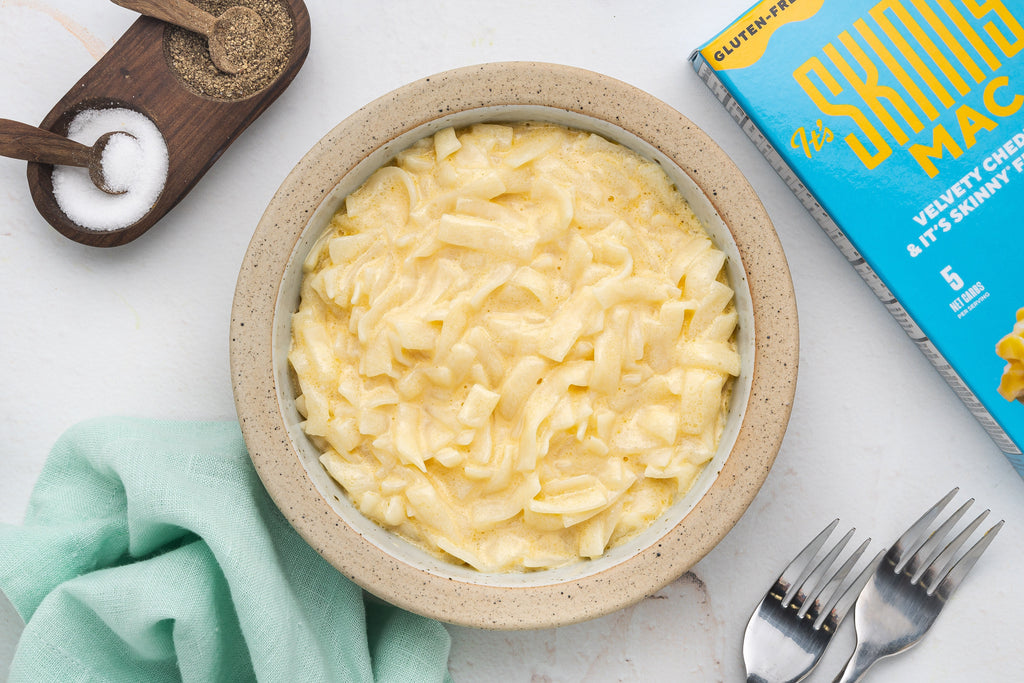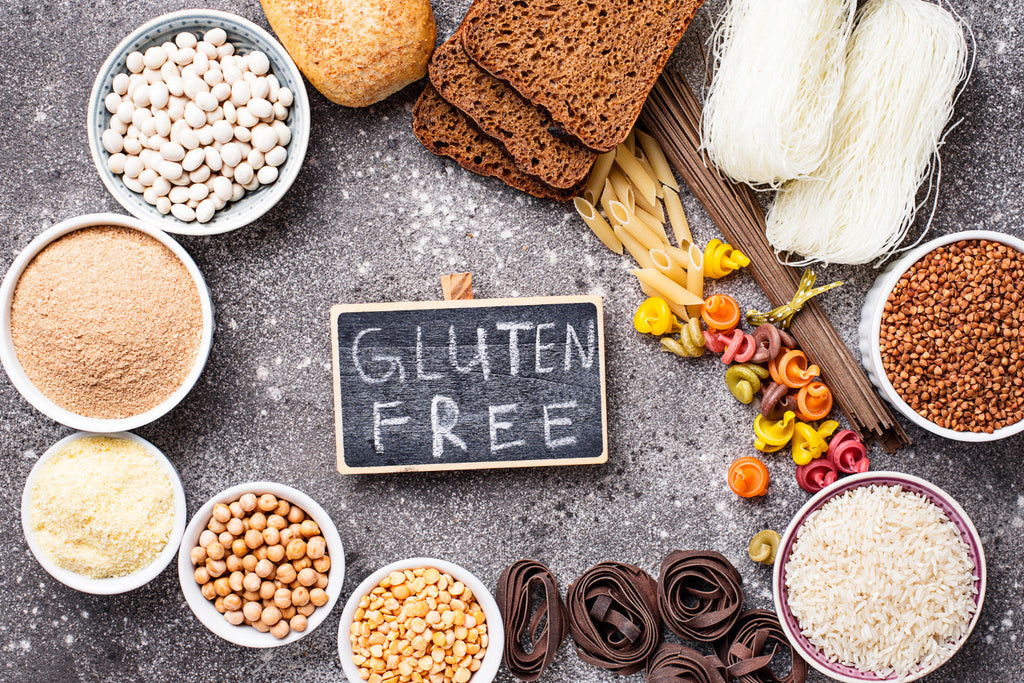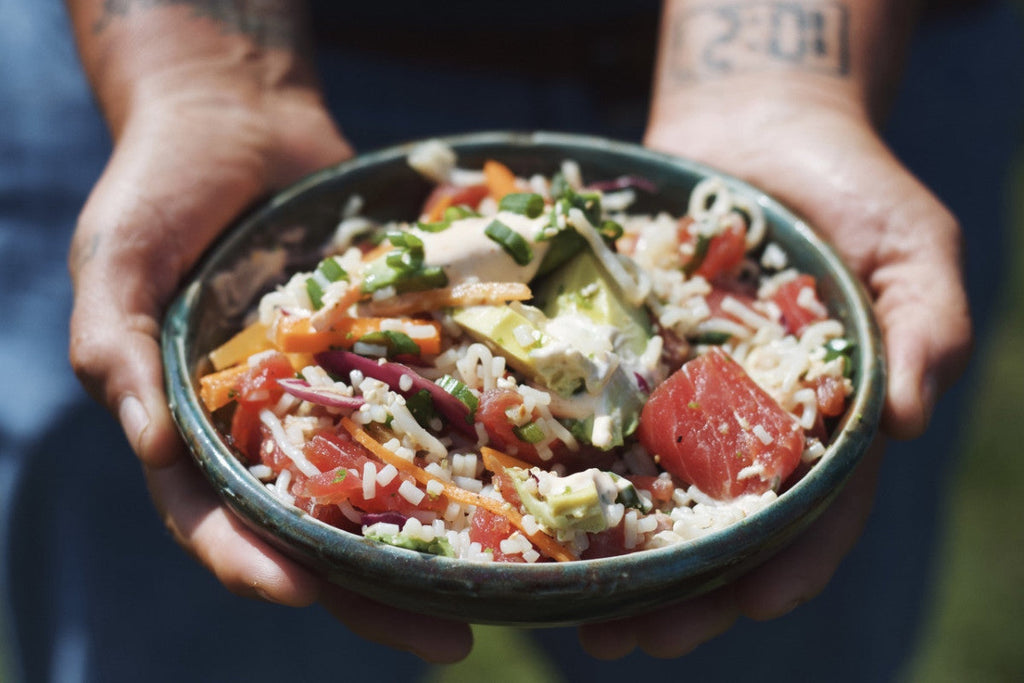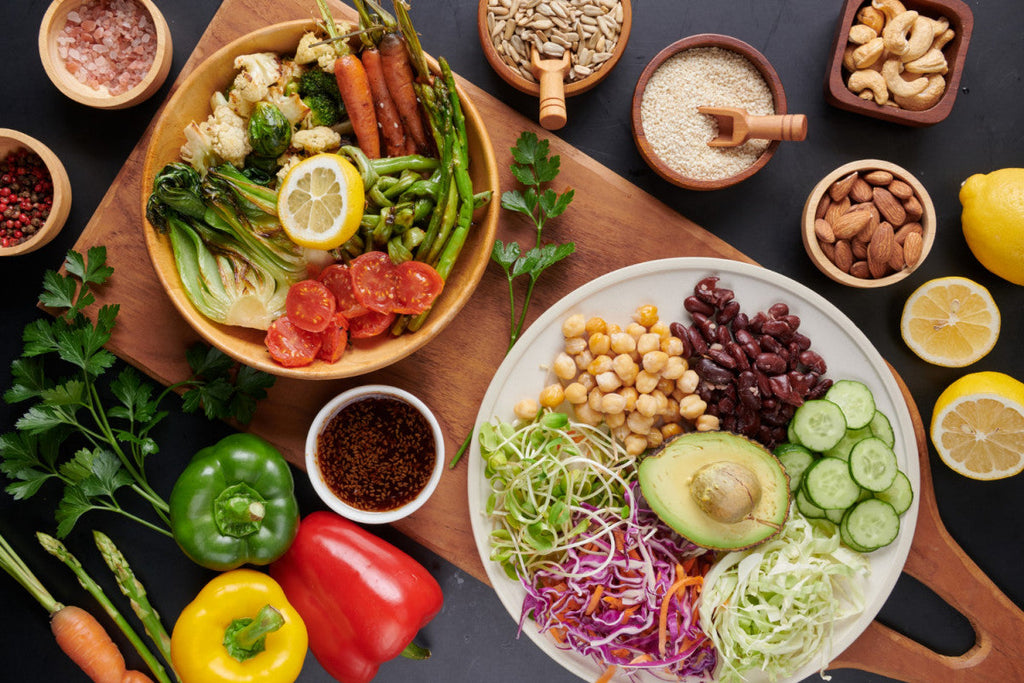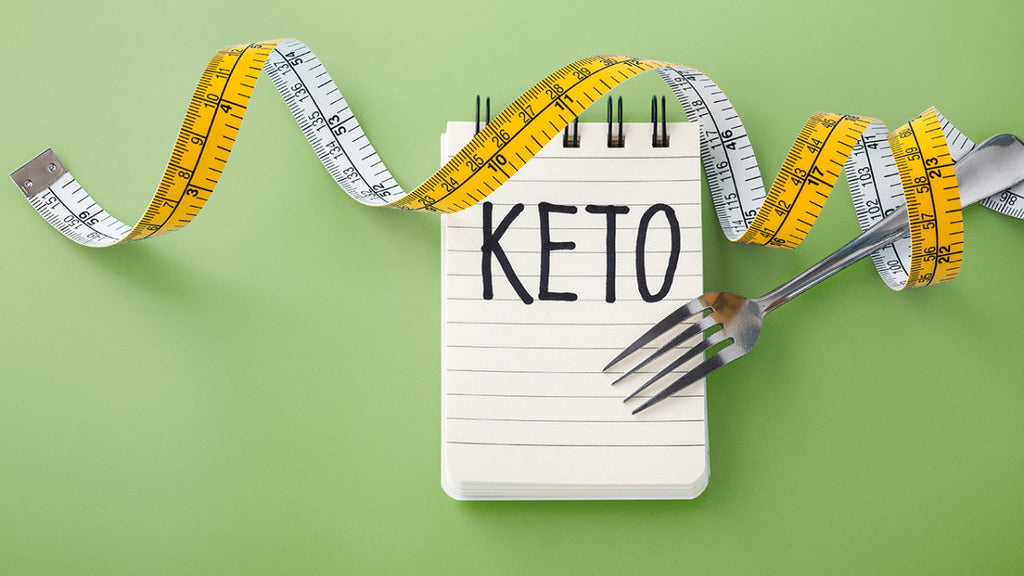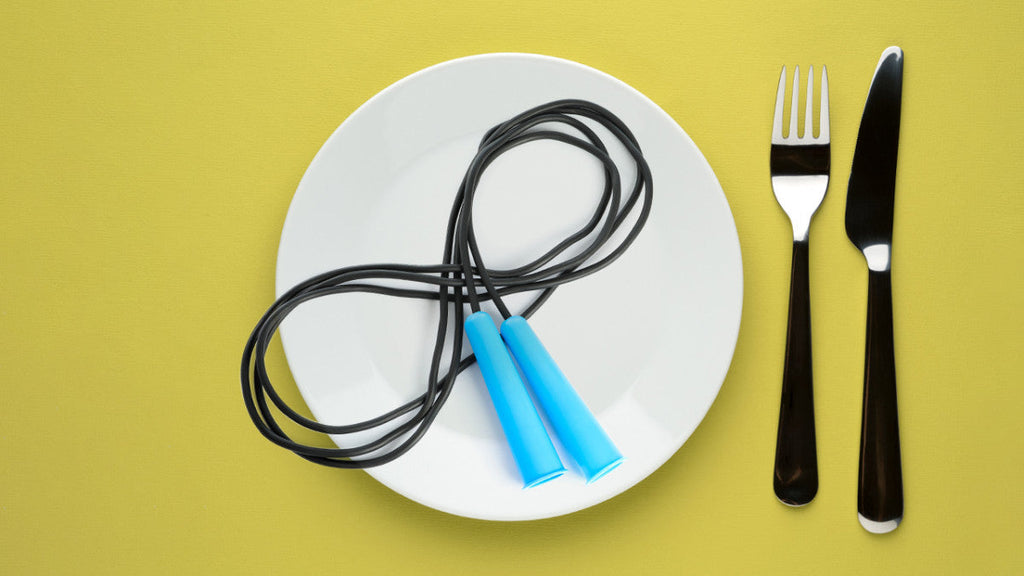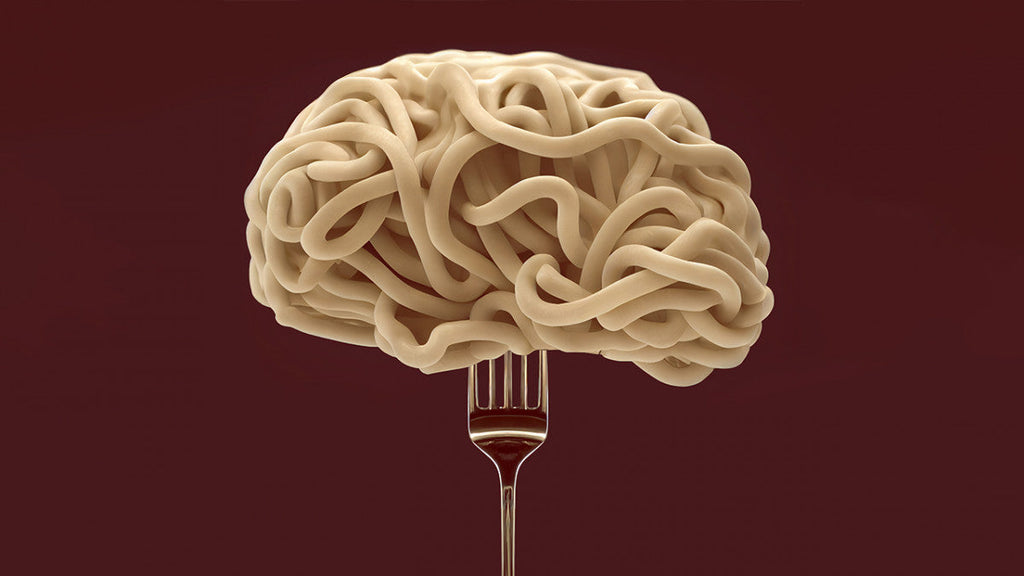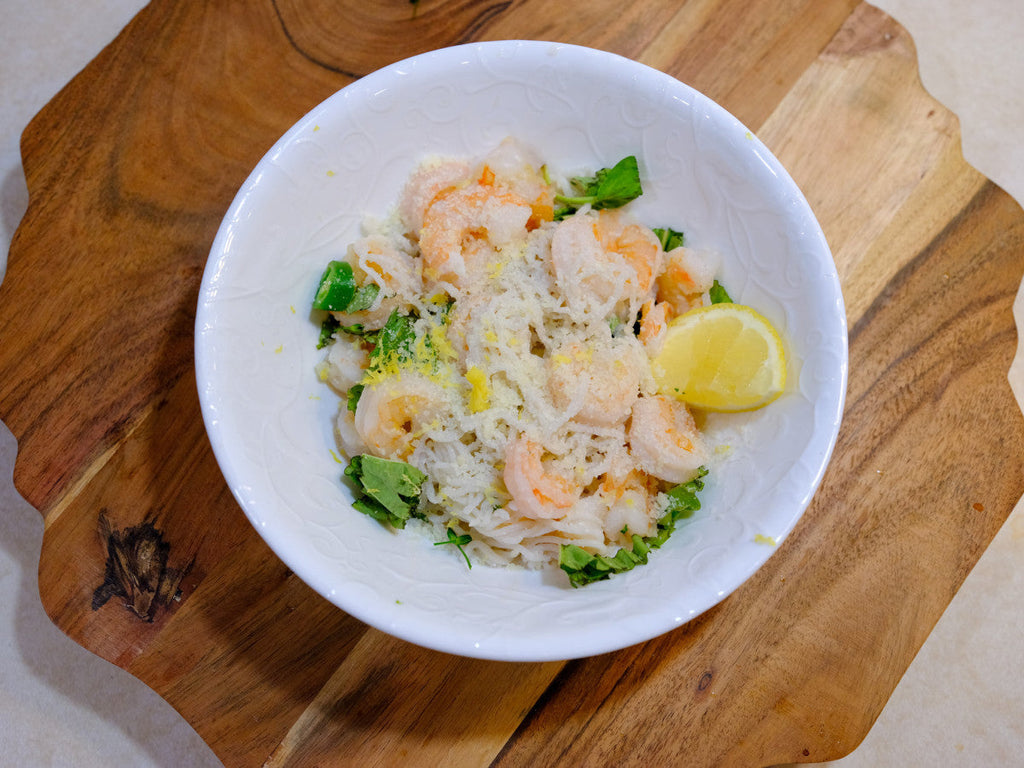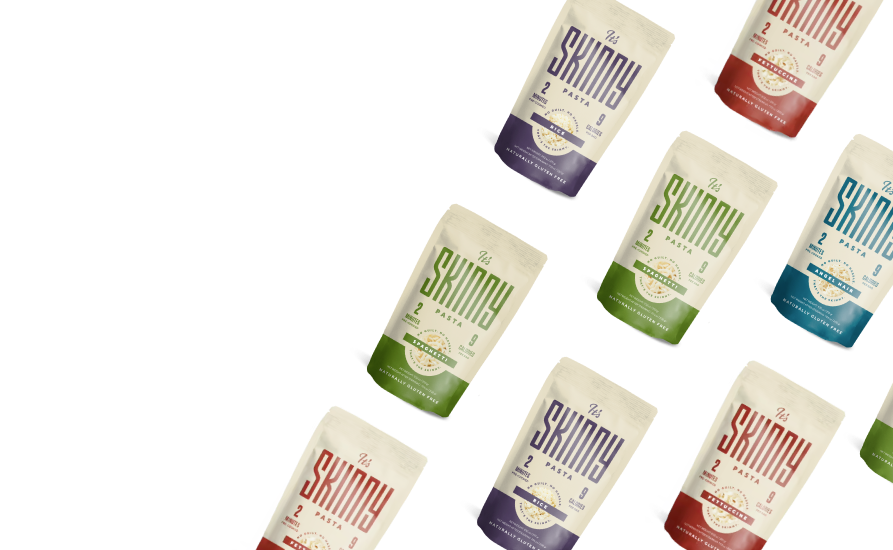Do You Count Calories on Keto?

If you're just starting on your keto journey, it takes a bit to adjust your mindset. It's tough to get used to the idea that you don't need to count calories on keto. You might do a double-take when you read that. Do you have to count calories on keto? Wouldn't you be more successful?
The short answer is that it's not technically necessary to count calories to adhere to a ketogenic diet. However, if you want to be extra successful, you will need to pay attention to some metrics surrounding your food. Here's what you need to know to stay successful on keto.
To Count or Not to Count: It Depends on Your Goals
Do you need to count calories on a keto diet? Whether you need to pay attention to calories depends on the personal health goals of your keto lifestyle. It also depends on how your body responds to the diet. To explore why, it's essential to understand the difference between keto and low-calorie diets.
Following a Keto Diet
With a keto diet, the primary focus is cutting your carbohydrate intake and shifting it to a diet high in fat and moderately high in protein. This shift in macronutrients puts your body into a state called ketosis. When you're in this state, your metabolism turns to body fat for fuel instead of relying on your intake of carbohydrates (sugars) from food.
Sounds pretty great, right? The keto diet can help you torch those pounds and turn your body into a fat-burning machine. The most significant guideline is that you have to monitor your carbohydrates carefully. The typical balance in a keto diet is 70-80% fat, 10-20% protein, and 5-10% carbohydrate intake.
Calorie counting isn't a must on a low-carb diet like keto. The focus is usually on the type of food (high in fat, low in carb) over the quantity. So, do calories on keto matter? Most people switching to keto see some pretty quick weight loss results. After a while, though, your results may slow down. If you're not seeing the weight loss you want, you may also need to be mindful of your caloric intake.
Following a Low-Calorie Diet
As far as diets go, low-calorie is pretty straightforward. It's all about the math of calories in vs. calories burned. A low-calorie diet has you set a calorie deficit, regardless of the macronutrient composition (a.k.a. the balance of fat, carbohydrates, and protein). Count the number of calories you consume. If you eat fewer calories than you expend, you'll lose some weight.
So, is one diet better than the other? Is it harder to count calories? It all depends on your personal preference. Calorie restriction can be challenging at first. Many of us aren't accustomed to measuring out portion sizes or looking up the metrics for each food we eat. When counting calories, even a carrot stick or a green bean counts. Opting for whole foods can help you get enough to feel full without weight gain.
The benefit of a low-calorie diet is that it’s not so restrictive in the foods allowed. In fact, you can eat whatever types of food you want as long as you stay within your calorie budget. To lose a pound, you need to create a calorie deficit of about 3500 calories. By carefully monitoring your diet, you’ll be able to find the right foods that keep you full without blowing through your calorie count.
Differences Between Keto and Low-Calorie Diets
So now that you know the basics of keto and low-calorie dieting, what are some key differences?
- Diet Composition: Keto diets have specific macronutrient ratios to keep your body in a state of ketosis. Low-calorie diets don’t have restrictions on macronutrients.
- Satisfaction: Thanks to the high fat intake of a keto diet, it's often quite satisfying (especially when you first start). When you fill up on fats and protein, you may naturally eat fewer calories. In contrast, low calories can leave you feeling hungry and less satisfied.
- Focus on Metabolism: Keto fundamentally changes your metabolic state, putting it in a state of ketosis to rely on fat burning for energy instead of carbohydrates by restricting your carb intake. A low-calorie diet is simply about reducing the energy input (calories) in your food.
Will you be more successful on keto if you count calories? You may be. Many people lose weight on keto without paying attention to calories. Ketosis suppresses the appetite, so people naturally consume less when they follow keto.
Similarly, blood sugar and insulin levels may feel steadier when you’re following a keto diet. If you are considering a low-carbohydrate diet or keto meal plan, it’s important to check with your doctor first. Even if you plan to reduce your calories significantly, a medical professional can offer guidance on what’s healthy for your body. They can also recommend some physical activities to help you maintain your energy balance and muscle mass while dieting.
So, Which is Better: Low-Calorie or Keto?
Before you decide which diet will be the best option for you, it can help to examine your goals. It's important to note that the keto diet was initially developed to assist people who experienced epileptic seizures. Weight loss happens to be a side effect of low carb diets.
After people noticed this added boon of the keto diet, some started following it as a weight loss plan. There are many benefits to keto, including increased energy, a better mood, and, in some cases, better digestion.
Before choosing which diet type is for you, look at your goals.
If your goal is weight loss: If your goal is to boost weight loss in the short term, then a combination of keto and a low-calorie diet can be highly effective. Weight loss happens when you consume fewer calories than you expend. The keto diet naturally reduces your appetite, which can lead to a lower caloric intake. For some people, monitoring and cutting calories can enhance the weight loss effect of keto.
If your goal is metabolic health: Keto diets have several benefits for the body’s metabolism. A keto diet can help you improve blood sugar control and enhance lipid profiles. At the same time, lower calorie intake and portion control can also result in healthier food choices and better metabolic health. A high-fat diet is satisfying.
If your goal is a long-term lifestyle: Unfortunately, one of the biggest keto diet drawbacks is that it can feel restrictive. For people who balk at the idea of giving up some of their favorite carbohydrate-heavy foods, keto can be challenging in the long term. With a low-calorie diet, there is more flexibility to enjoy the foods you crave in moderation without derailing your progress. Watching calories can help you maintain your body weight and stave off hazards like heart disease.
If your goal is nutritional adequacy: If your goal is getting the proper nutrients in your diet, then both low-calorie and keto diets can present a challenge. Many low-calorie foods, like fruits, vegetables, eggs, and lean protein, are nutritious and healthy. Still, eating enough of these different foods can be tricky without exceeding your calorie goals. With keto, you may cut out certain foods with nutritional benefits, like fruit. It's essential to look at the nutrients in your daily diet and ensure you're getting enough healthy fats, vitamins, and minerals.
If your goal is to feel good: Both low-calorie and keto diets have some reported mental health benefits. Many people respond differently to diet. Some find that they have a higher amount of energy with a keto diet. Others may find that they feel better when they're reducing calories. Age, gender, activity levels, and personal preferences can also play a significant role.
Finding Foods that Work for Keto and Low-Calorie Diets
So, what is your preference after doing the caloric deficit vs. keto comparison? Once you consult your healthcare professional, you can experiment with both diet options to see what works best for your body. Simply by making an effort to pay attention to your food intake, you'll move closer to your weight loss goals.
One secret to success on any diet is It’s Skinny Pasta and Rice. Whether you’re following keto, low-carbohydrate, gluten-free, vegan, or low-calorie eating plans, you can enjoy the satisfying taste of It’s Skinny. It works with many different diets and lifestyles.
What makes It's Skinny so special? First of all, the fantastic stats. It's Skinny has only 9 total calories and ZERO net carbs per pack. It's high in satisfying fiber. It makes the perfect base for any of your favorite pasta and rice recipes without worrying about derailing your hard-earned progress.
It’s Skinny has such great stats that it even works for intermittent fasters. You can enjoy a serving of It’s Skinny noodles with a little salt and butter without breaking your fast! How incredible is that?!
The magic of It's Skinny comes from an ingredient called konjac. Konjac is a high-fiber, low-calorie root vegetable similar to a radish or a turnip. While it's not the most beautiful veggie in the garden, it's one of the most filling. It contains a special type of fiber called glucomannan, which is known to keep blood sugar levels steady all day.
Unlike some complicated pasta and rice swaps (like zoodles, cauliflower rice, and pasta made from beans), It's Skinny is very easy to prepare. There's no strange aftertaste like some of those other alternatives, either. The taste and texture go perfectly with your favorite noodle dishes and rice bowls.
To cook with It’s Skinny, you simply open the shelf-stable pack. Drain the pack of noodles or rice and pat them dry if you like. Let your sauce and protein cook. When everything is ready to go, add the noodles or rice to the dish and let it heat through. It’s Skinny is ready in about three minutes. It takes on the flavors of surrounding ingredients and complements your dish perfectly.
If you’re ready for noodles and rice that fit your preferred diet—keto or low-calorie—It’s Skinny is the answer. Try all our varieties:
· Orzo
Or order up a variety pack to get some of each type. We offer traditional and organic options to fit any and every lifestyle. If you’re hoping to lose some weight and eat healthier, It’s Skinny is a great tool to have in your arsenal.
Explore our recipe section to get some great ideas for dinner tonight. With It’s Skinny, you won’t feel deprived or hungry! It’s the perfect answer for any healthy diet. If you're looking for the best way to lose weight and boost energy levels, make It's Skinny part of your plan.






